On the morning of September 20, the workshop "The leadership role of Party committees at all levels in implementing Resolution 29-NQ/TW of the 11th Party Central Committee on fundamental and comprehensive innovation of education and training, meeting the requirements of industrialization and modernization in the conditions of a socialist-oriented market economy and international integration" was held, chaired by the Propaganda Department of the Ho Chi Minh City Party Committee, attracting nearly 100 delegates to attend.
At the workshop, experts and leaders ofeducational institutions in Ho Chi Minh City gave many opinions on how Resolution 29 affects the education and training sector in Ho Chi Minh City.

The workshop attracted nearly 100 experts and teachers in Ho Chi Minh City.
Professor - Dr. Huynh Van Son, Principal of Ho Chi Minh City University of Education, said that in the 10-year journey of implementing Resolution No. 29-NQ/TW, the team of lecturers, managers, and the school have achieved changes in the quality of training.
In addition to establishing the STEM Center and the Center for Research and Development of Educational Materials, the school's key teaching staff are given the opportunity to deeply participate in the process of developing the 2018 General Education Program.
"Previously, writing textbooks was considered a task, without additional remuneration. In recent years, the school has created conditions to support additional remuneration for lecturers writing books and doing scientific research. Although the funding is not much, it contributes to encouraging the spirit of research staff" - Professor - Doctor Huynh Van Son said.
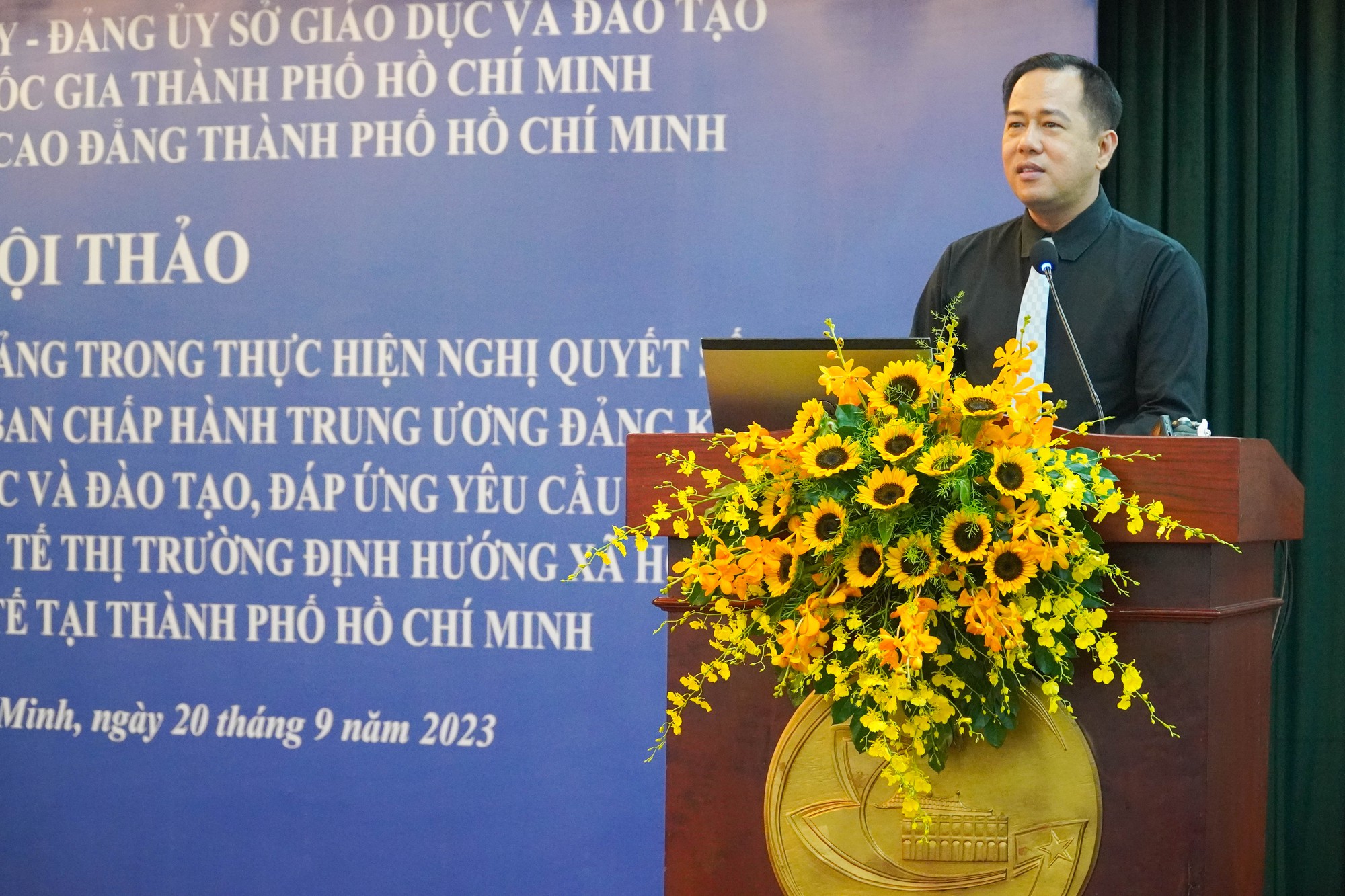
Professor - Dr. Huynh Van Son, Principal of Ho Chi Minh City University of Education, presented a paper at the conference.
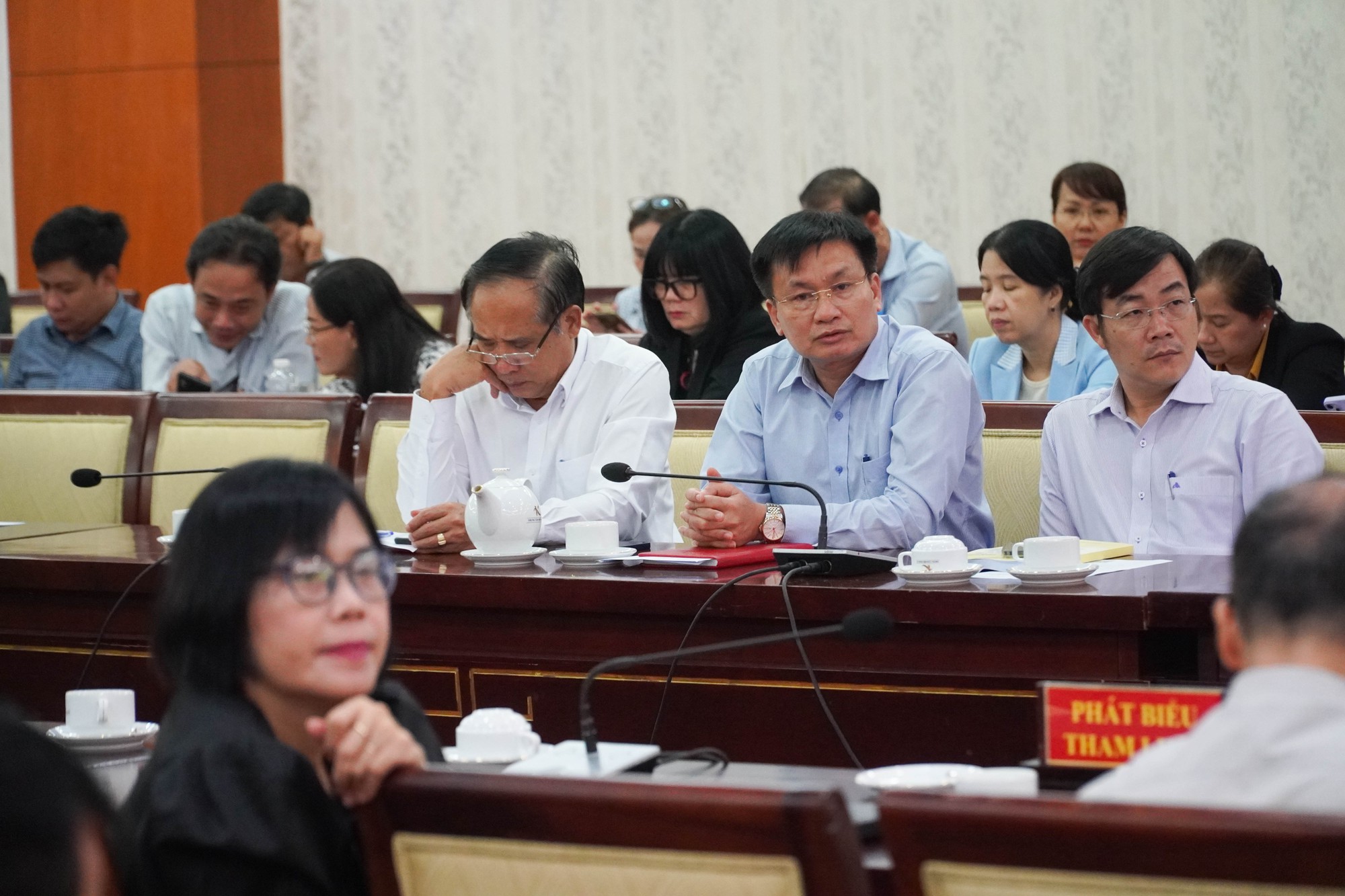
Delegates recognized that resources for investment in construction and equipment of facilities for learning and research, to support educational innovation activities, have not fully met practical requirements.
Representative of vocational education schools, Dr. Dang Van Sang, Principal of Ho Chi Minh City Polytechnic College, said that vocational education in the area still has many difficulties that need to be solved such as: not having enough clean land for facility development, training equipment mostly only stops at the minimum investment level according to regulations; the transfer and expansion of programs according to international standards are not synchronous; intensive use of unskilled labor, outdated technology...
According to statistics, over 80% of students find jobs or create their own jobs after graduation in many professions and many vocational training institutions. Vocational trained workers have participated in most fields and have taken on many complex positions and jobs.
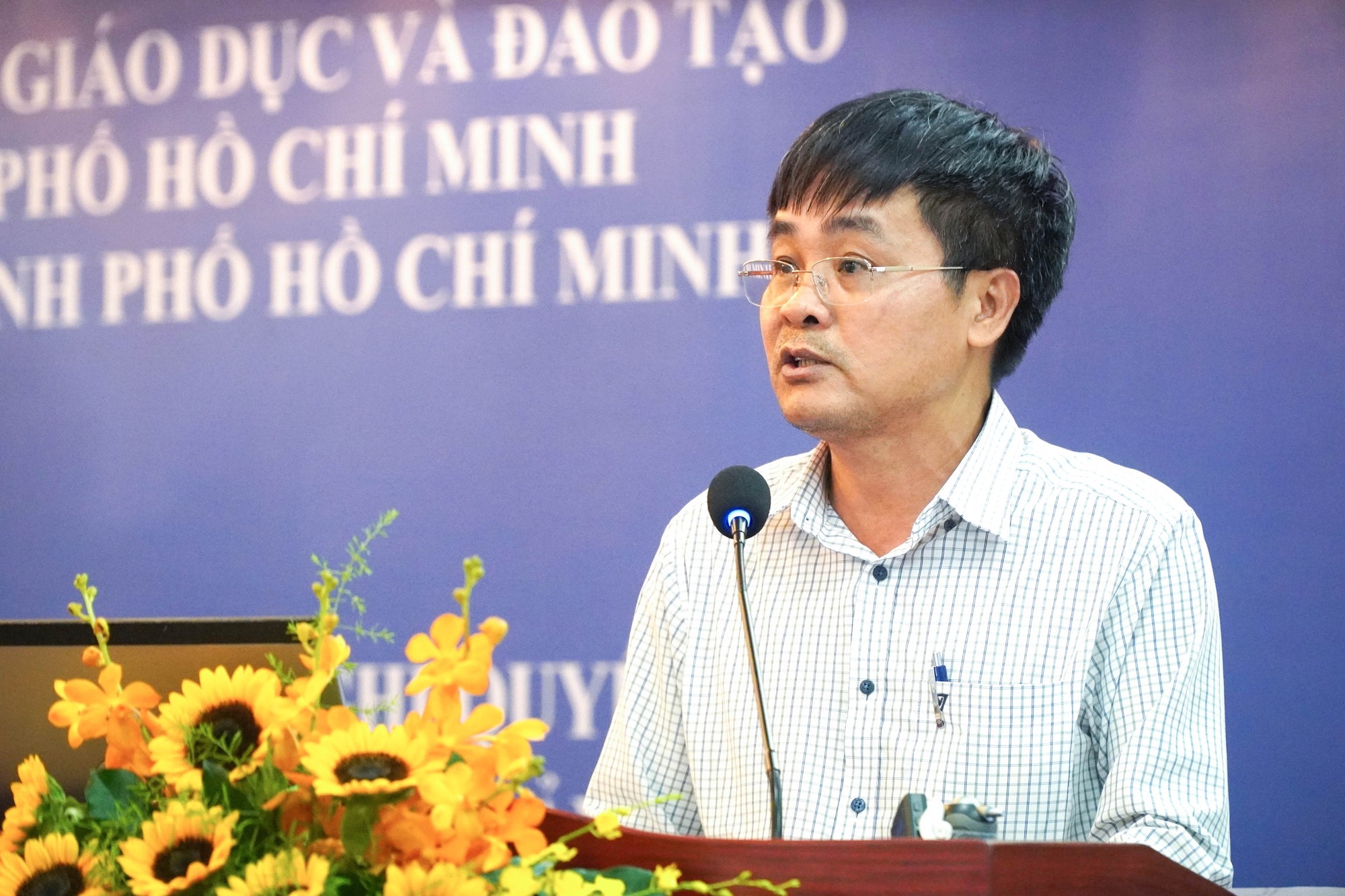
Dr. Dang Van Sang, Principal of Ho Chi Minh City Polytechnic College, shares difficulties in vocational education.
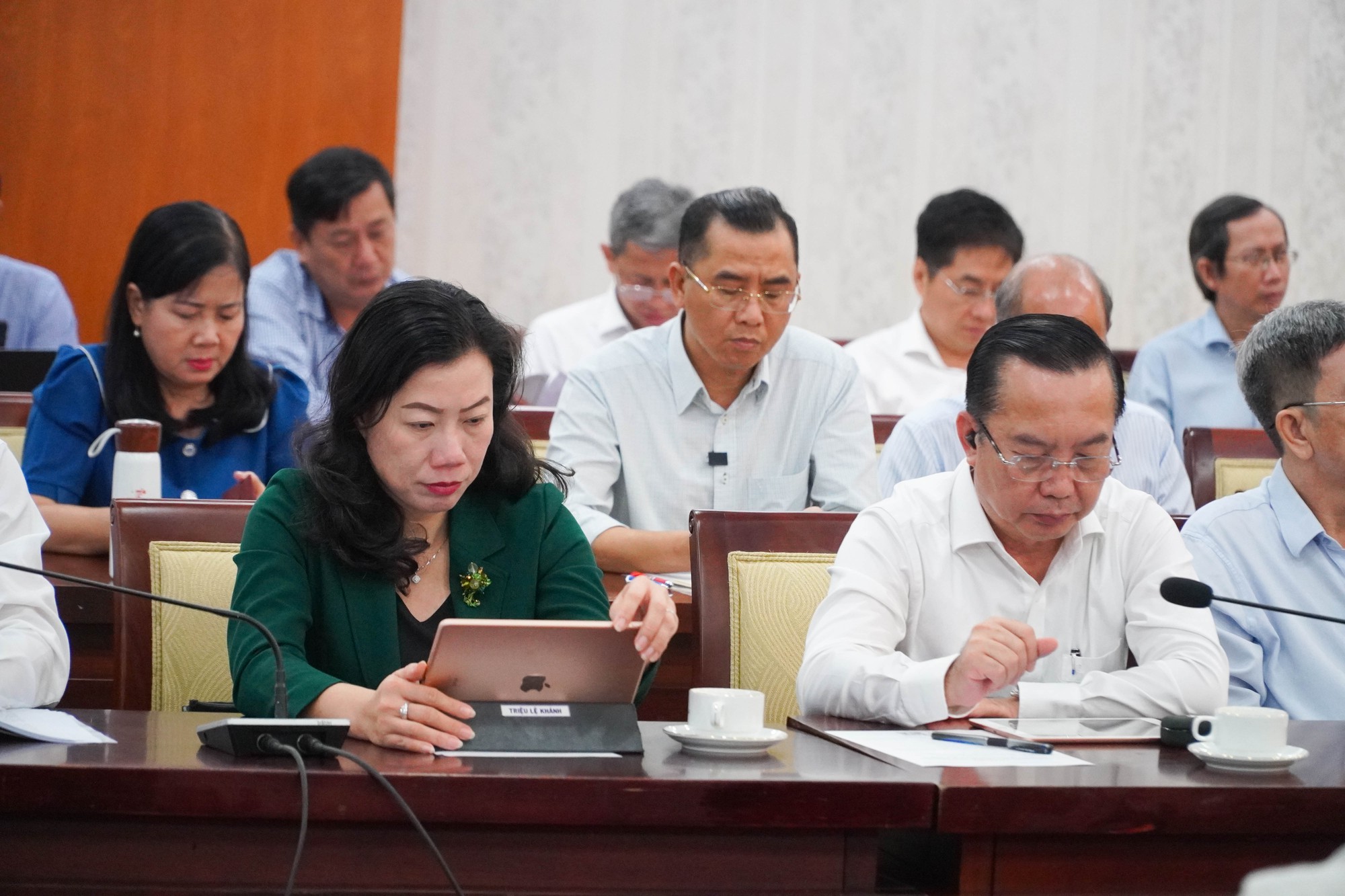
During the discussion, Dr. Tran Dinh Ly, Vice Principal of Ho Chi Minh City University of Agriculture and Forestry, affirmed that Resolution 29 has brought many positive impacts on education and training.
Citing the case of Co May Enterprise building the first free dormitory in Vietnam, supporting more than 1,000 students from 22 public universities in Ho Chi Minh City each year, Dr. Tran Dinh Ly hopes that Resolution 29 will have additional reward policies for enterprises that have made practical contributions to education.
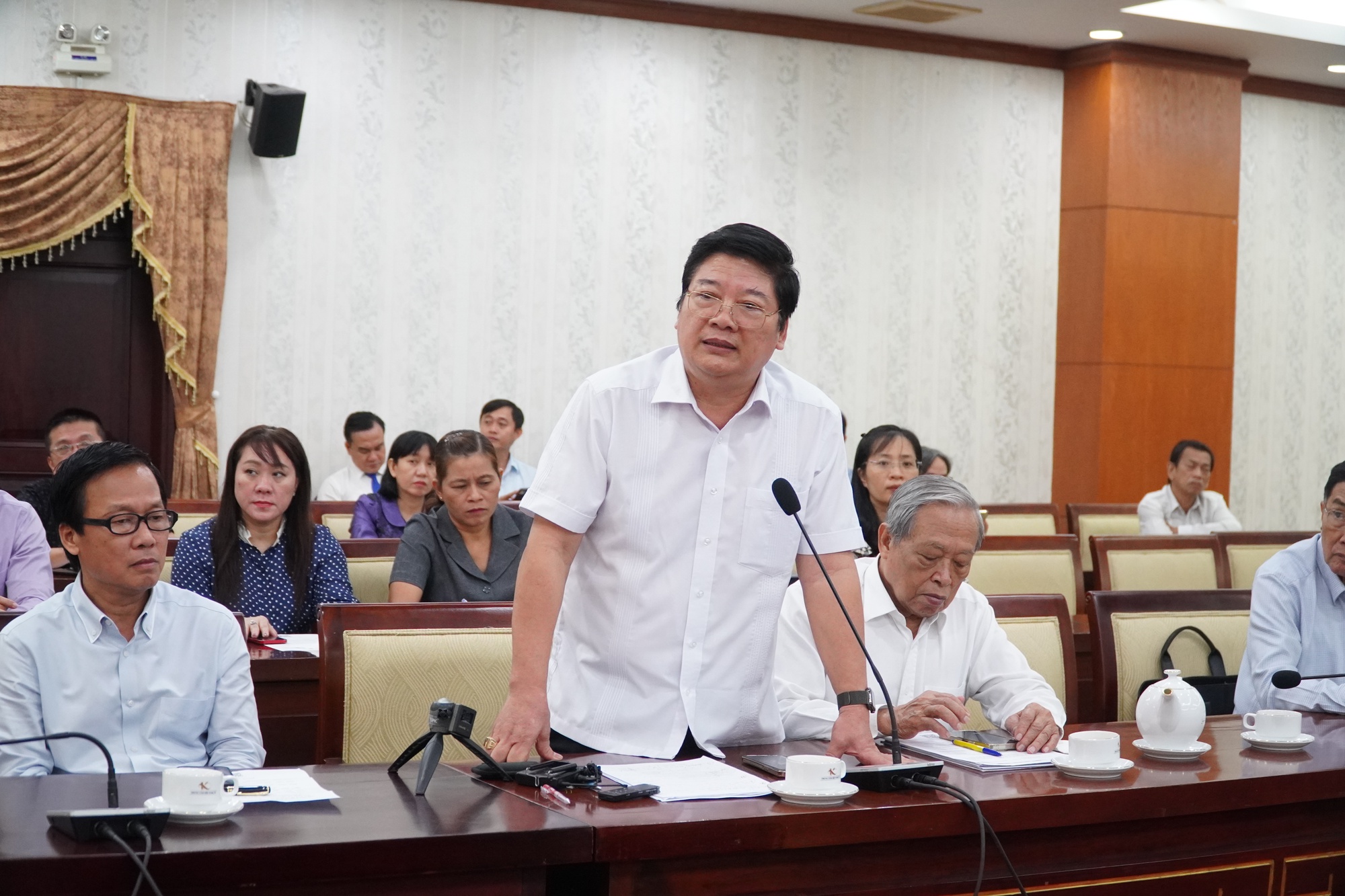
Dr. Tran Dinh Ly, Vice Principal of Ho Chi Minh City University of Agriculture and Forestry, shares the remaining difficulties.
In addition to financial autonomy, personnel appointment, etc., autonomous public universities express their desire to be able to be autonomous in academics and develop their own training programs suitable to the current capacity of the school.
Source


![[Photo] Welcoming ceremony for Prime Minister Pham Minh Chinh and his wife on an official visit to Malaysia](https://vphoto.vietnam.vn/thumb/1200x675/vietnam/resource/IMAGE/2025/5/25/dc30203c3ae24da3990266ec3b29bb2d)
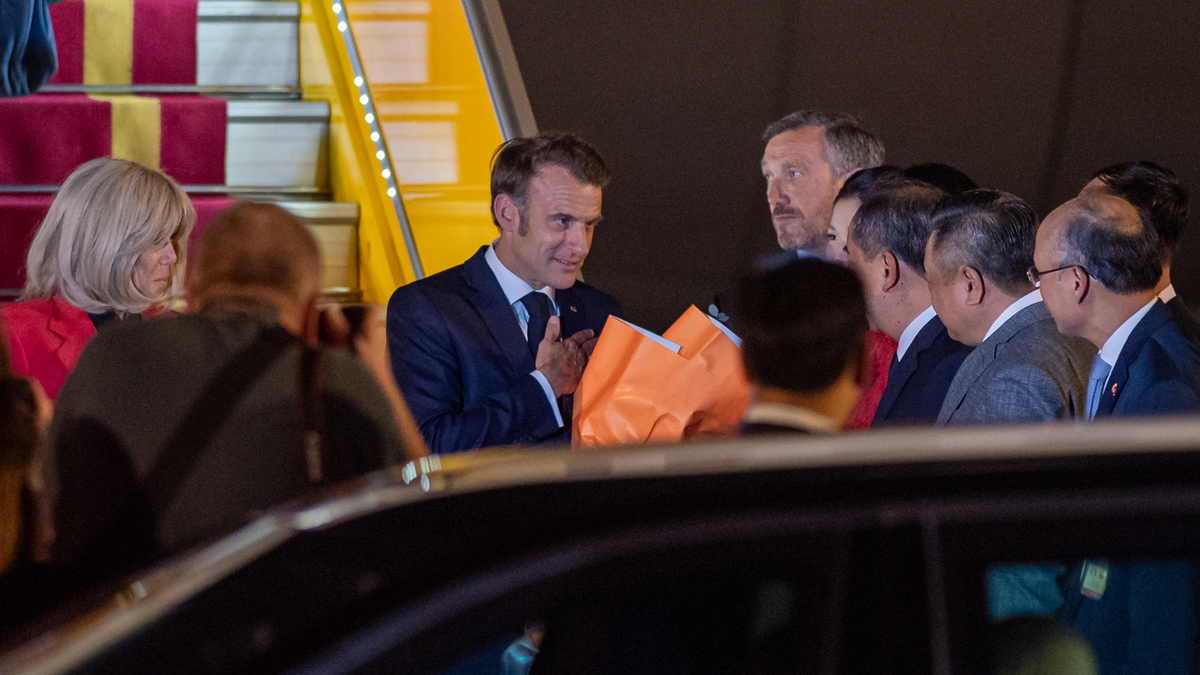
![[PHOTO] Hanoi fences off demolition of "Shark Jaws" building](https://vphoto.vietnam.vn/thumb/1200x675/vietnam/resource/IMAGE/2025/5/25/1b42fe53b9574eb88f9eafd9642b5b45)
![[Photo] French President Emmanuel Macron and his wife begin state visit to Vietnam](https://vphoto.vietnam.vn/thumb/1200x675/vietnam/resource/IMAGE/2025/5/25/03b59c7613144a35ba0f241ded642a59)
![[Photo] Funeral of former President Tran Duc Luong in Quang Ngai](https://vphoto.vietnam.vn/thumb/1200x675/vietnam/resource/IMAGE/2025/5/25/ccf19a3d8ea7450bb9afe81731b80995)
![[Photo] Ea Yieng commune settlement project abandoned](https://vphoto.vietnam.vn/thumb/1200x675/vietnam/resource/IMAGE/2025/5/25/57a8177361c24ee9885b5de1b9990b0e)















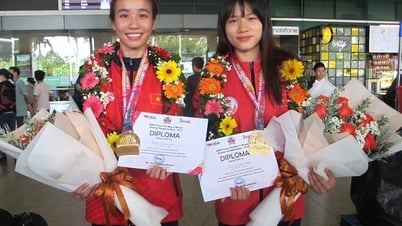
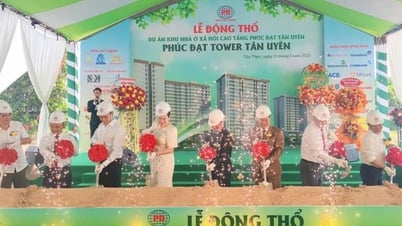
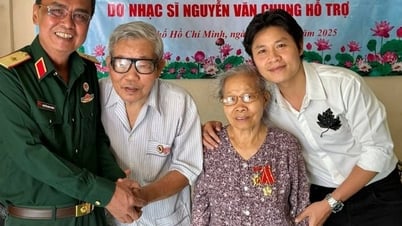
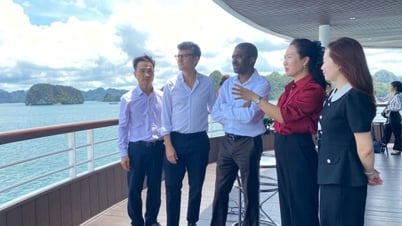

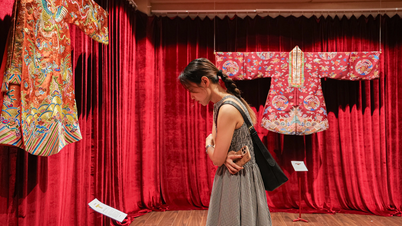








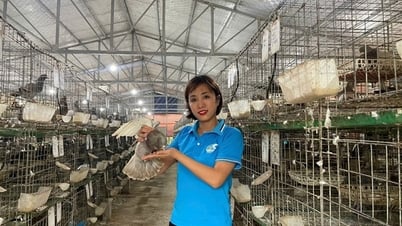

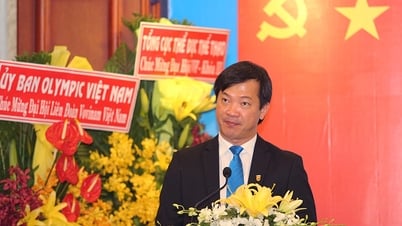















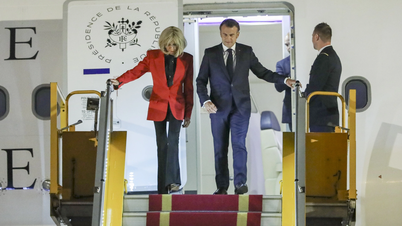
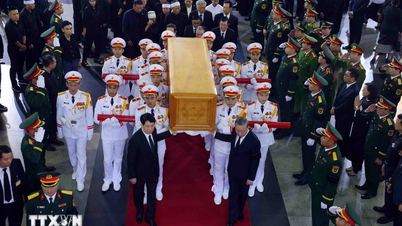
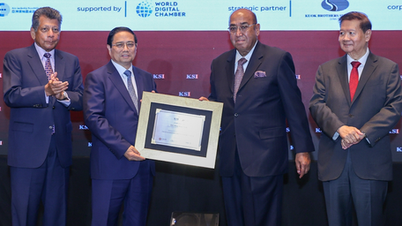
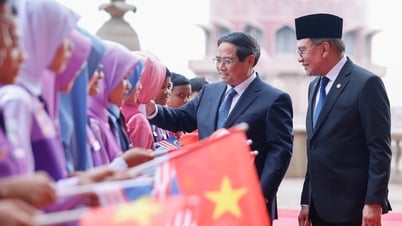
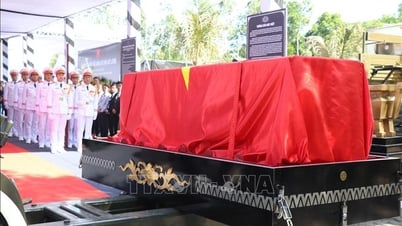

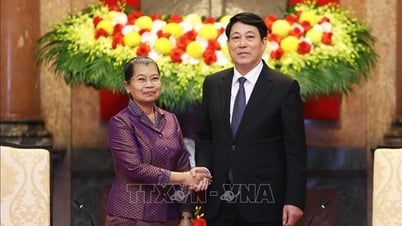

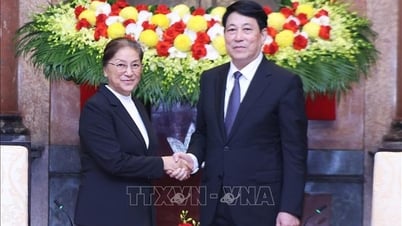





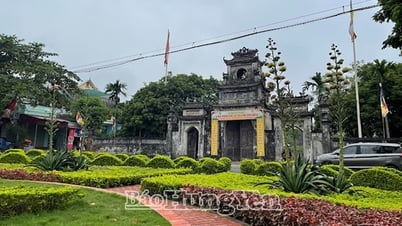



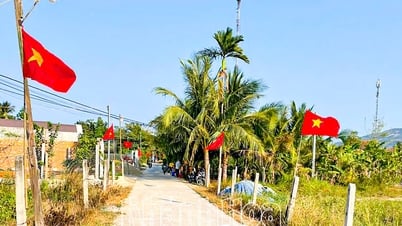


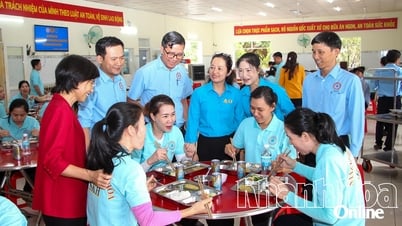

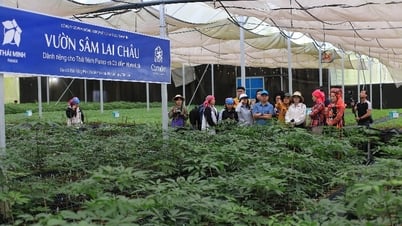










Comment (0)